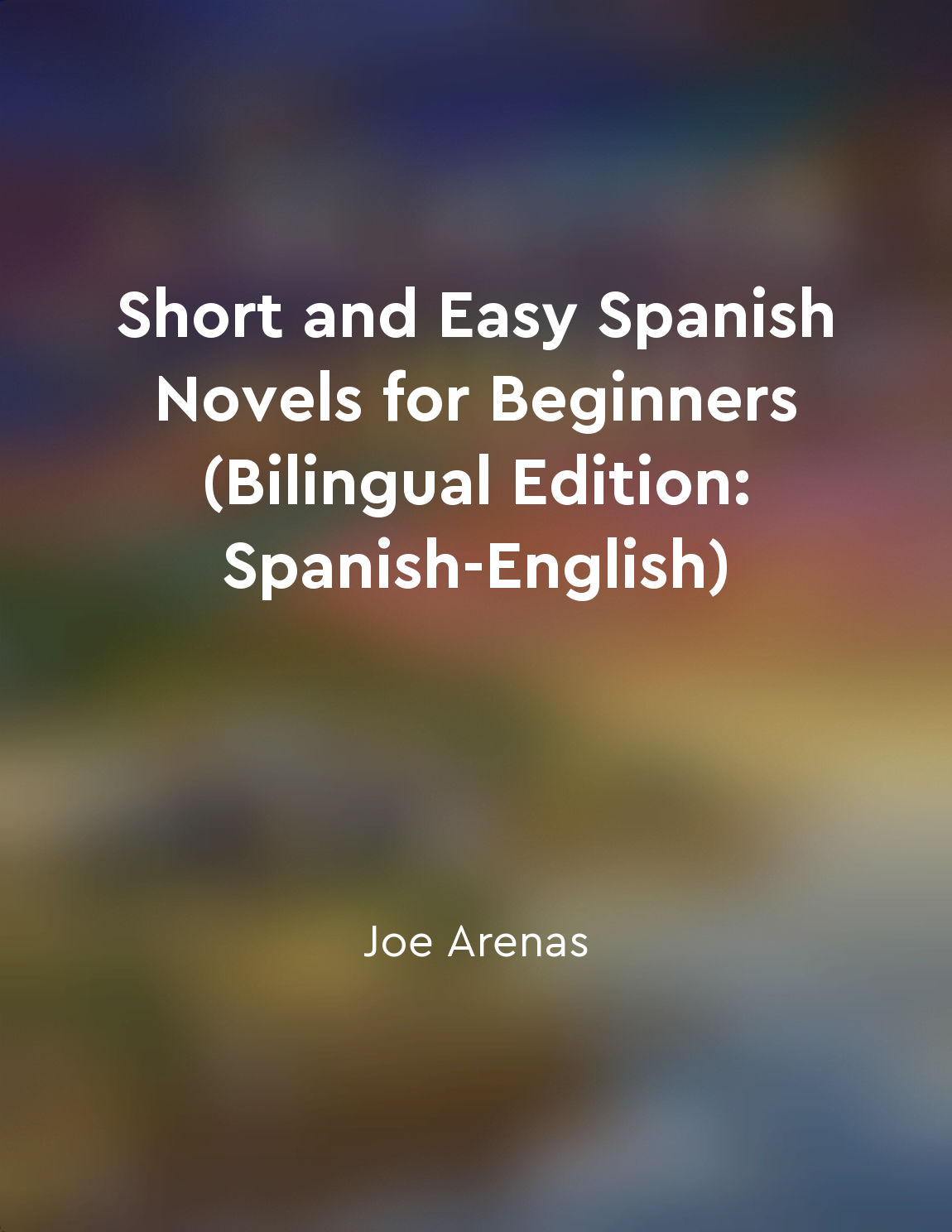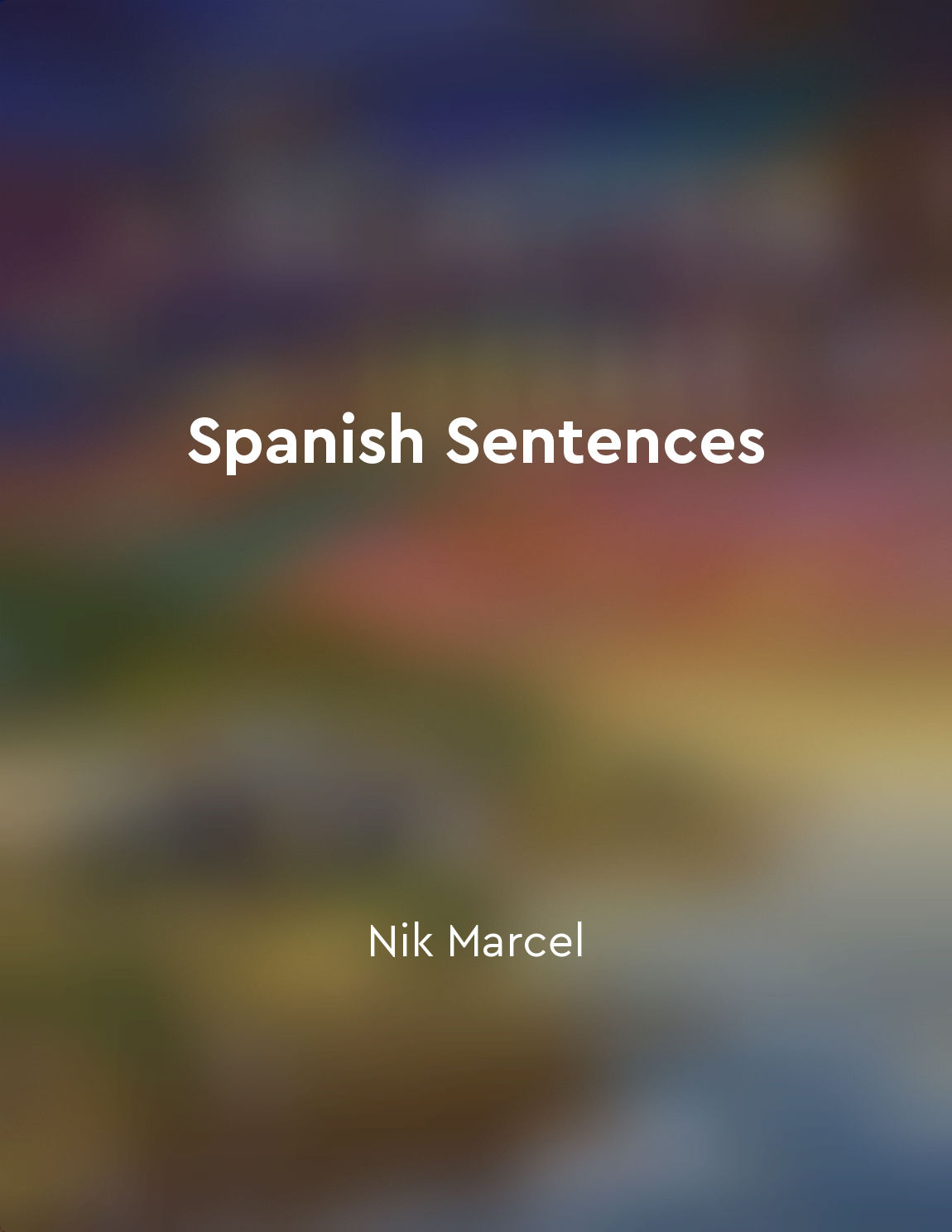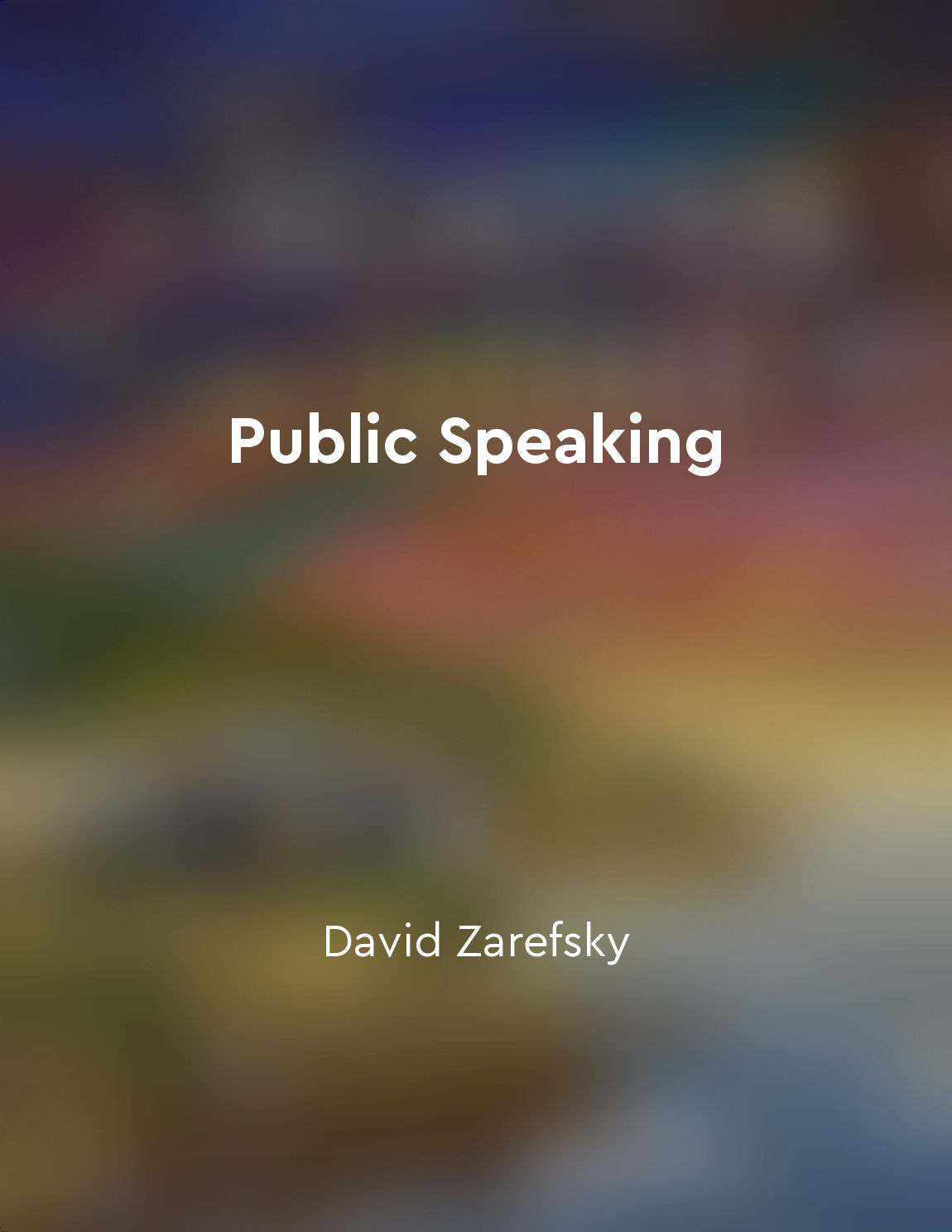Use strong verbs from "summary" of Self-Editing for Fiction Writers, Second Edition by Renni Browne,Dave King
The concept of using strong verbs is essential for creating vivid and engaging writing. When you choose powerful verbs, you bring your scenes to life and make your prose more dynamic. Strong verbs convey action and emotion more effectively than weak, generic verbs. Instead of relying on adverbs to modify weak verbs, use strong verbs that already contain the meaning you want to convey. For example, instead of writing "walked slowly," consider using a stronger verb like "ambled" or "sauntered." These verbs not only paint a clearer picture for the reader but also add more depth to your writing. By choosing strong verbs, you can eliminate the need for excessive adverbs and adjectives, making your writing more concise and engaging. Strong verbs help to create a more immersive reading experience for your audience. They grab the reader's attention and keep them engaged in the story. When you use strong verbs, you create a sense of urgency and movement in your writing, driving the narrative forward and maintaining the reader's interest. Furthermore, strong verbs can also help to convey the emotions and intentions of your characters more effectively. By carefully selecting verbs that align with the mood and tone of the scene, you can create a more authentic and compelling portrayal of your characters' actions and motivations. In summary, the concept of using strong verbs is a powerful tool for enhancing your writing. By choosing verbs that are specific, descriptive, and evocative, you can create more engaging and immersive prose that captivates your readers. Strong verbs not only improve the clarity and impact of your writing but also help to bring your characters and scenes to life in a way that resonates with your audience.Similar Posts
Conflict drives narrative
Conflict is the essence of storytelling, the engine that drives the narrative forward. It is the clash of opposing forces, the ...
Shakespeare's works have stood the test of time
The enduring power of Shakespeare's works is a testament to the universality and timelessness of his themes and characters. As ...
Use active listening to understand others' perspectives
Active listening is a powerful tool that can help us truly understand others' perspectives. When we engage in active listening,...
Clarity in writing is essential
Clarity in writing is not merely a nice aesthetic touch but an essential component of effective communication. When we write cl...
Shakespeare's legacy lives on
Shakespeare's legacy is not just a thing of the past; it lives on today in numerous ways. From the language we speak to the sto...
Everyone has the power to write
The power to write resides in each and every one of us. It is not a talent bestowed upon a select few; rather, it is a skill th...

Mastering Spanish basics
The concept of mastering Spanish basics is crucial for beginners who are just starting to learn the language. It lays the found...
Embrace vulnerability in your writing
To write well, one must be willing to expose one's innermost thoughts and feelings on the page. This means embracing vulnerabil...

Definite and indefinite articles in Spanish are used before nouns
In Spanish, articles are used before nouns to indicate whether the noun is specific or nonspecific. The definite article "the" ...

Practice active listening to connect with your audience
Active listening is a crucial skill for speakers looking to connect with their audience. By actively listening, speakers demons...
